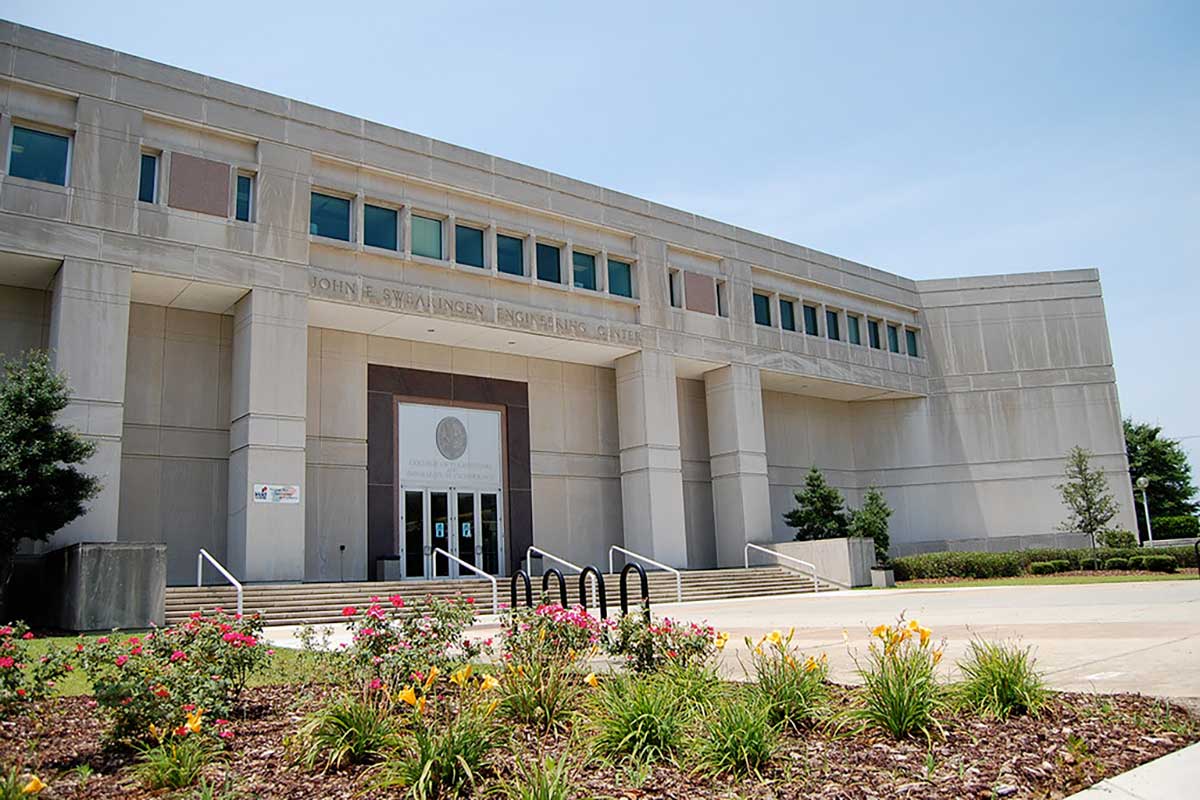Case Study: University of South Carolina
THE UNIVERSITY OF SOUTH CAROLINA
AN OPEN SCHOLAR CASE STUDY
Finding a scalable, research-centric solution for faculty and lab websites at the University of South Carolina, College of Engineering and Computing.
THE CHALLENGE
Faculty at The University of South Carolina, College of Engineering and Computing (USC) needed a better solution for creating websites.
The challenge was that USC’s content management system wasn’t flexible enough to meet their needs. Providing consistent, coherent branding was important, as well as enabling faculty to create websites that met their specific research needs. There was also an access problem on their main website, where too many people were able to manage and update the website but it wasn’t the right person having the right access. Faculty were frustrated without a self-service, easy-to-use solution for creating the websites they needed to promote their initiatives for grants and other academic initiatives for exposure.
The faculty and teams were purchasing their own websites through third parties which meant a proliferation of different platforms, a lack of coherence in brand identity across web properties, and missed opportunities to boost college-wide search engine optimization (SEO).
THE SOLUTION
Katie Haon, Internal Communications Director at USC College of Engineering and Computing, is part of a small team of communications folks at the University.
They needed a solution that was simple, flexible, provided managed services and support, and was able to keep faculty websites within the brand guidelines. OpenScholar met all of her criteria.
After surveying faculty to gauge their interest, 30 faculty immediately raised their hands to participate in phase one of the OpenScholar launch. The Dean worked with the Vice Provost of Research and chose OpenScholar as their solution. One of the big concerns from the faculty was the amount of “work” required to create their individual websites. What they found with the OpenScholar platform was both surprising to them and helpful - sites are simple to build. OpenScholar provided USC with a few different branded templates their faculty and staff could choose from; they were pleased with the results.
“For what we needed, it [OpenScholar] was a perfect solution.”
—Katie Haon
THE RESULTS
OpenScholar branded three themes that adhered to the University’s guidelines and created three ‘showcase’ sites based on these themes, including two faculty members and a center as examples.
To generate more faculty interest in site creation, links to the ‘showcase sites’ were added to a custom web page where faculty can learn about OpenScholar, choose a theme, and register for a site. Within the first few months, 29 sites were created.
The next phase for the communications team is to encourage additional adoption and launch of more faculty websites but leverage those that have been created, and share any wins generated by these new, branded and research centric USC CEC OpenScholar sites.
“We’re able to meet the needs of our researchers without adding more resources to our team.
OpenScholar sites stand on their own, but we can make them look like they belong to the university. Faculty have several templates to choose from, so they have more choices. OpenScholar gave faculty a chance to show off their work, and quite a few have taken advantage of the opportunity. We anticipate more faculty sites being added throughout the year, especially in the summer when they focus more on research and spend less time in the classroom.”
—Katie Haon, Internal Communications Director at USC College of Engineering and Computing

